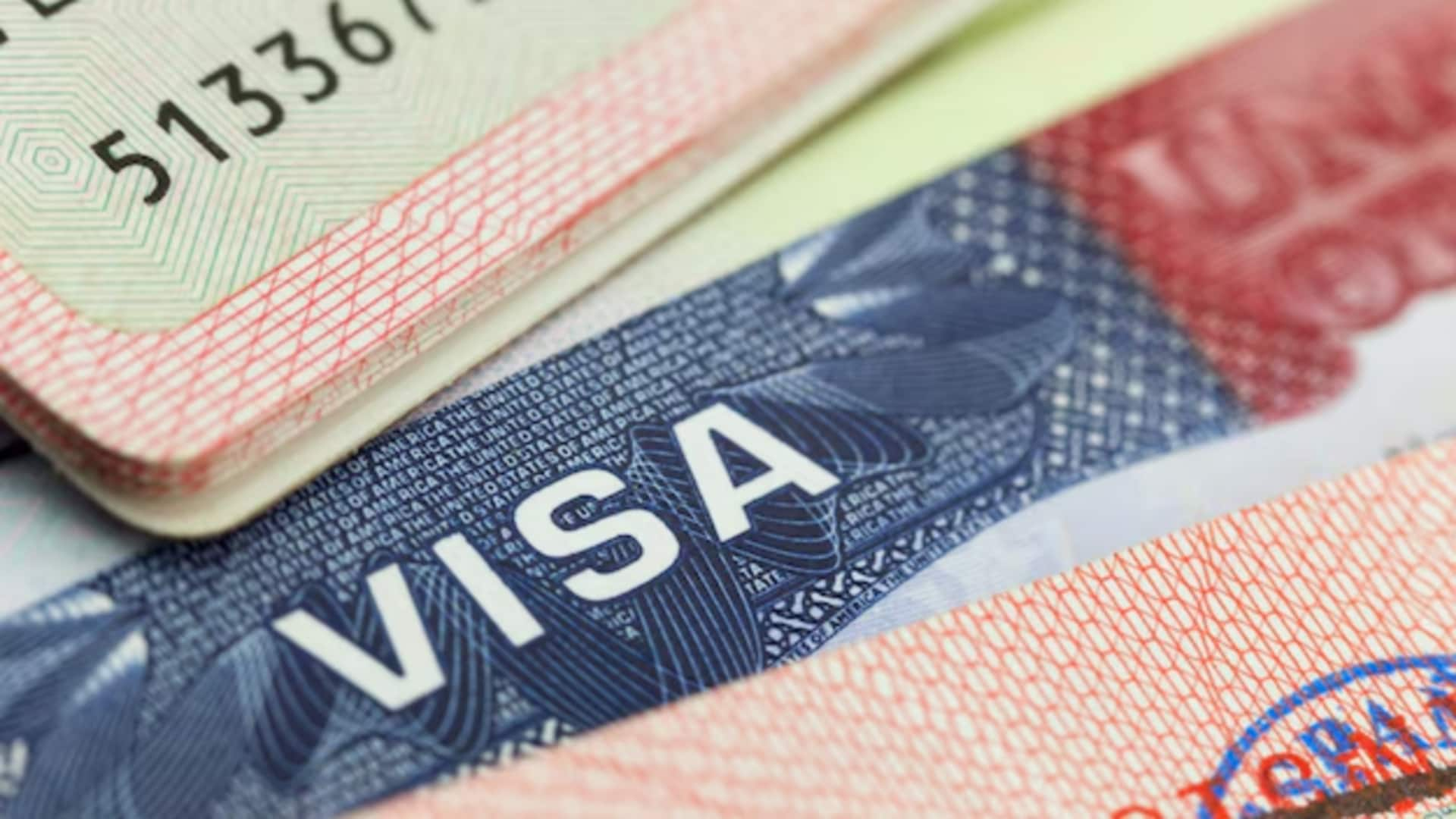
US student visa revoked? Here's what Indians can do next
What's the story
In a recent development, the US Department of State has canceled over 300 student and exchange visitor visas.
This has led to anxiety among international students including Indians, some of whom have claimed they received visa cancelation notices for their political activism or social media activity.
However, immigration experts claim it doesn't result in their immediate departure from the US.
Legal status
Visa revocation doesn't mean students must leave
US immigration experts believe students can continue to live and study in the country, even if their visa has been revoked. They have to stay enrolled full-time in a legitimate course.
To this end, Sheela Murthy, President of Murthy Law Firm said, "The visa revocation only applies to the visa that is stamped in the passport and does not apply to a person's legal status in the US."
Advice
What can students do?
There are certain legal options for those whose who want their visa to be reinstated.
One is leaving the US, asking for a new Form I-20 from their university, repaying the visa fee, and applying for a new F-1 visa from a US consulate overseas.
This provides them a legal route to recover student status while staying connected with their current university.
However, past visa termination can cause scrutiny and delay the 9-month period for Optional Practical Training (OPT) eligibility.
Legal proceedings
Students can challenge visa termination in court
The second option lets students stay in the US and challenge visa termination through legal proceedings, by hiring an immigration attorney.
However, while it allows them to seek judicial intervention, it is expensive, may restrict work during litigation, and is unpredictable.
The third option is to switch to a work visa like H-1B or L-1 with sponsorship from an eligible employer. However, it is subject to annual quotas.
Academic continuity
Completing degree remotely
Fourthly, students can opt to complete their remaining coursework through online classes, with approvals from the university and program.
This option maintains academic continuity without immediate immigration complications, but might not be offered universally by all institutions or programs.
Students who go this way might suffer in terms of academic performance due to regional timing differences, and lose access to on-campus resources, internships, or OPT.
Group litigation
Joining a coordinated legal effort is another option
The fifth option is to join lawsuits or group legal actions already started by other affected people.
This is cheaper than going to court alone, and can also affect results due to more media attention.
However, legal arguments might be general and not customized to individual situations, resulting in unpredictable verdicts.